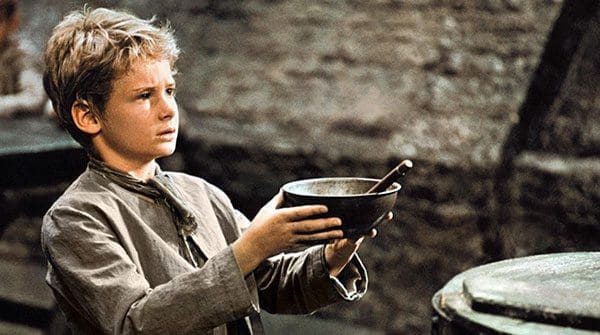 British Columbians are now paying even more to heat, eat and drive to work.
British Columbians are now paying even more to heat, eat and drive to work.
Prime Minister Justin Trudeau’s most recent carbon tax hike has found a willing follower in British Columbia Premier John Horgan.
When Team Trudeau was fighting against several provinces at the Supreme Court of Canada, saying he should be able to impose his carbon tax on them, Horgan jumped to Trudeau’s side like a duck on a June bug.
It was sad to see.
The man who used to oppose the B.C. carbon tax is now leading a government that takes more than $1.6 billion per year from people via the tax.
Horgan’s wish came true, and the Supreme Court sided with Trudeau.
Horgan has signed on to Trudeau’s carbon tax backstop, handing that power over to Ottawa. The backstop is a mandatory minimum carbon tax on fuels.
The B.C. carbon tax went up to $45 per tonne on April 1.
That means the carbon tax now costs 9.9 cents per litre of gasoline, 12 cents per litre of diesel and 8.8 cents per cubic metre of natural gas.
It will now cost an extra $7 in the carbon tax to fill up a minivan, $12 extra for a pick-up truck and $65 more for one big rig diesel truck tank that delivers everything.
If you think you’re avoiding the carbon tax by riding your bike, think again.
Farmers use fuels to produce our food. Grain producers use natural gas to dry their crops and every agricultural product uses diesel to move to market whether they’re moving on roads or rails. That makes food more expensive.
While the carbon tax culprits are hidden on our inflating grocery receipts, politicians can’t hide the carbon tax on home heating.
The average home uses 2,700 cubic metres of natural gas per year, so that means about $240 extra in Trudeau’s carbon tax each year.
That’s real money.
That’s how much a weekly load of groceries for a family of four costs. That’s how much ten nights at a Vancouver Island campground costs. That’s a year of new shoes, boots and sandals for four kids.
And it’s going to cost a lot more soon.
Trudeau is jacking the carbon tax up to $170 per tonne by the year 2030.
Within nine years, it will cost $27 more to fill the family minivan.
By 2030, natural gas will carry a carbon tax of 33 cents per cubic metre, costing an average new home more than $890 extra per year. Many will pay more, including families who use furnace oil and propane.
Some believe that they will get all this money back through a rebate, but it doesn’t work like that in B.C.
Carbon tax rebates vanish entirely once a two-person working family earns a $59,000 salary per year. To qualify for the full $901 annual rebate, a family of four would need to make less than $41,706.
The average family income is $84,000 per year. The rebates do nothing for everyday people.
The carbon tax doesn’t even work. Emissions in B.C. are going up. They’ve gone up 10 percent in the past three years.
Just because the court says the carbon tax is legal doesn’t make it right.
Governments of the people can still scrap this expensive failure.
It’s up to us to fight back and tell politicians that we can’t afford their carbon taxes.
Kris Sims is the B.C. Director of the Canadian Taxpayers Federation.
Kris is one of our contributors. For interview requests, click here.
The views, opinions and positions expressed by columnists and contributors are the authors’ alone. They do not inherently or expressly reflect the views, opinions and/or positions of our publication.


